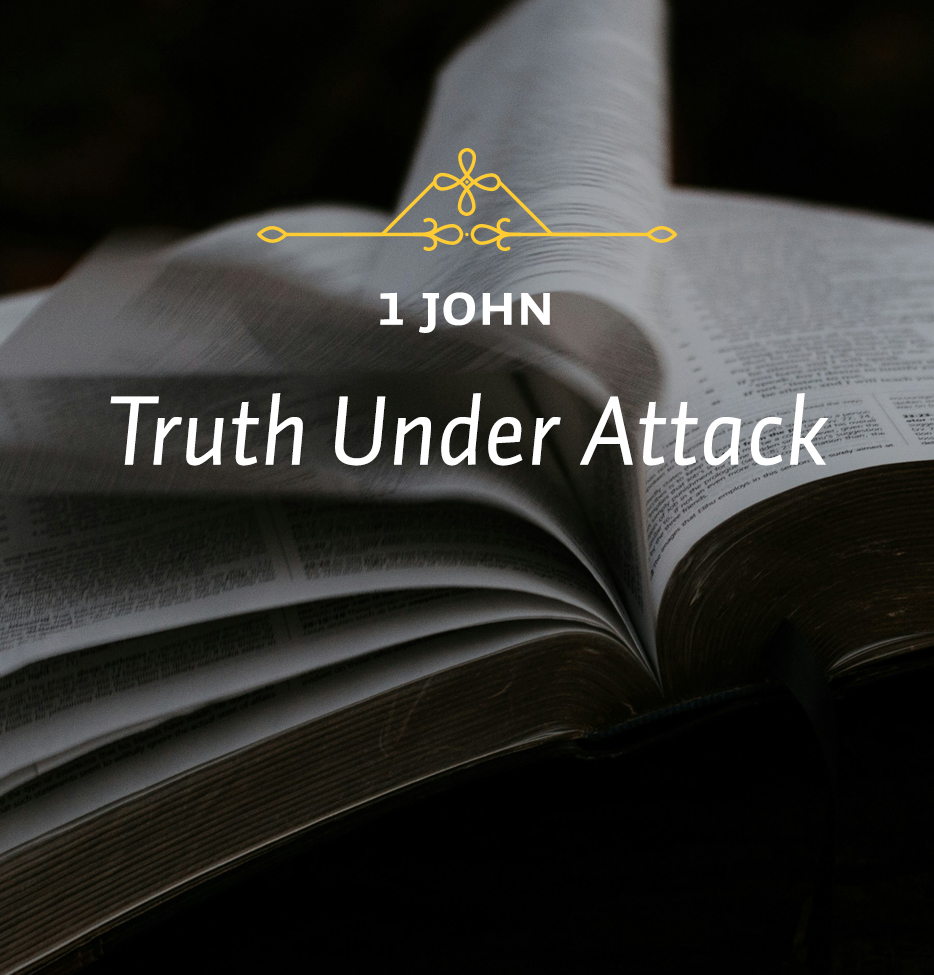In the Bible the idea of antichrist is first seen in Daniel. In Daniel 7, for example, there is a vision of four great beasts, in the context of which the antichrist is described as “a little horn” who destroys three other horns. In the language of these visions, a horn is an earthly king or world ruler. So the vision means that this last evil figure will be a king who is able to overcome three other kings. When the vision goes on to say that this horn possesses “a mouth speaking great things” (v. 8), it means that he will have great oratorical ability. The activity of this figure in profaning the temple, an act partially fulfilled by Antiochus Epiphanes in 167 B.C., is described in Daniel 11:31 and 12:11.
If Daniel alone were consulted, one might think that Antiochus Epiphanes had fulfilled the prophecies regarding antichrist completely. But this is not the case in that the book of Revelation both amplifies upon Daniel’s prophecy and looks for a further fulfillment. Thus, in Revelation 13 Daniel’s vision of the beasts and horns reappears; only here the beasts are fused into one, thereby suggesting that antichrist will combine the strengths of each of three former world kingdoms in his own.
Similarly, in Mark 13:22-23, Jesus also prophesied concerning a future fulfillment. And in 2 Thessalonians 2:3-4 the concept occurs again.
The names given to this terrifying figure in these prophecies point to his totally evil nature and demonic goals—a horn, a beast (even the beast), the man of lawlessness or perdition, and antichrist—but we need not think, just because these names are used, that antichrist must therefore be repulsive. Here the meaning of the word “antichrist” is important. It is formed of two words: “Christ” and the prefix “anti,” which can mean either “the opposite of” or “instead of.” Those who have taken the former meaning tend to view antichrist as the total counterpart to Jesus and have therefore sometimes identified Him with the worst tyrants of history. Some support for this is found in the fact that if John had not meant “the opposite of,” if he had meant rather “a substitute Christ,” he could have used the word “pseudochrist” as he does “pseudoprophet” in 4:1. On the other hand, the word “antichrist” may have been a fixed term, rather like a popular name, with the consequence that John was really not at liberty to alter it. Besides, in the context of the chapter it is surely significant that the antichrists are identified, not as those who are outside the church, but as those who at least for a time were within it. In other words, they are not the outright pagan opponents of Christianity but rather those who were attempting to destroy the faith from within by pretending to be Christians.
Being faced with a major defection in their ranks, the Christians of Asia Minor might be tempted to be discouraged, but now John adds that the defection has a good purpose. These “went out” from us, he says, “that they might be made manifest that they were not all of us.” In other words, the defection has the effect of purifying the church and revealing both truth and error in true colors.
It is interesting to note that 1 John 2:19 has an incidental but very important bearing upon two great Christian doctrines: the perseverance of the saints and the nature of the visible church. The bearing of the verse upon the first doctrine is seen in the statement that if the false teachers were really members of the body of Christ, they would have continued with other members of the body of Christ. This implies that perseverance is the ultimate test of genuine participation in the life of Christ.






